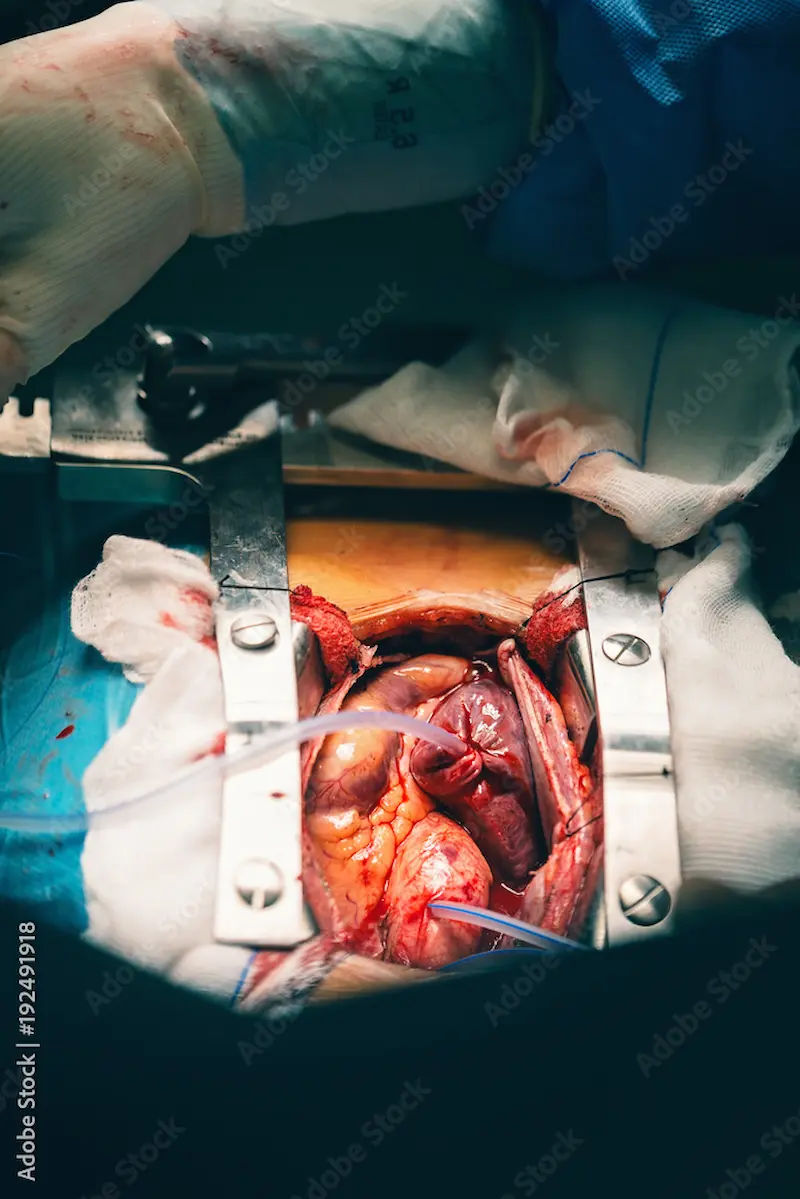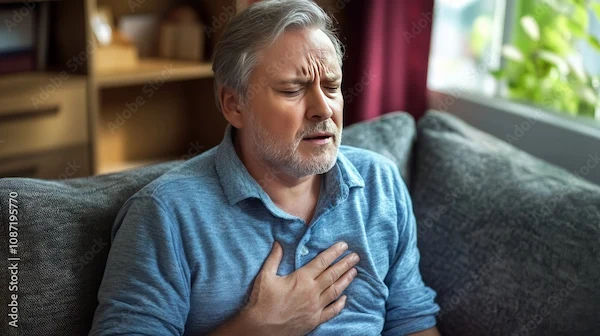- Female
- 21 Years
- 22/01/2025
I've been feeling this weird pulsating in my stomach, and naturally, I've gone down the rabbit hole on the internet about abdominal aortic aneurysms. I'm only 21, but I can't help but wonder if it's possible for me to have one. I don't have any family history of it, but I'm a bit overweight and my heart rate is faster than normal. Should I be concerned about this?
More Cardiology Health Queries
View allMy dad's 65 and he's been dealing with high blood pressure for the past year, taking Telma 40. I just checked his blood pressure today, and it's 140 over 90. Is that normal? I'm really concerned and could use some advice.
Yes it is normal and continue the same medicine
read more![Doctor 1]()
![Doctor 2]()
Answered by 1 Apollo Doctors
My mom had a CABG surgery back in 2013, and now her recent ECG shows something called left atrial abnormality. I'm a bit worried about what this means for her. How serious is this condition, and is it something that can be managed with medication?
it will cure
read more![Doctor 1]()
![Doctor 2]()
Answered by 1 Apollo Doctors
I'm really worried about my mom's 2D Echo report that mentions Aortic Valve Sclerosis. It also states LV Diastolic Dysfunction, Mild TR, Mild PAH, and Trivial MR AR, but no Intracardiac Masses or pericardial effusion. What caught my eye was the doctor's advice for an angiogram. Is that truly necessary? What kinds of risks are we looking at if we don't go for it? Would appreciate your guidance on whether this is a standard procedure or if alternative approaches exist.
yes angiogram is advised .
read more![Doctor 1]()
![Doctor 2]()
Answered by 1 Apollo Doctors
Disclaimer: Answers on Apollo 247 are not intended to replace your doctor advice. Always seek help of a professional doctor in case of an medical emergency or ailment.


_1.webp)


